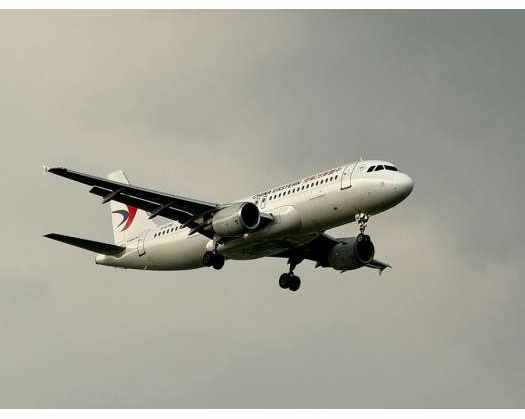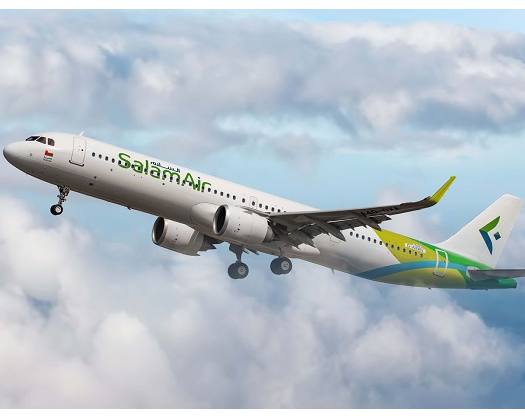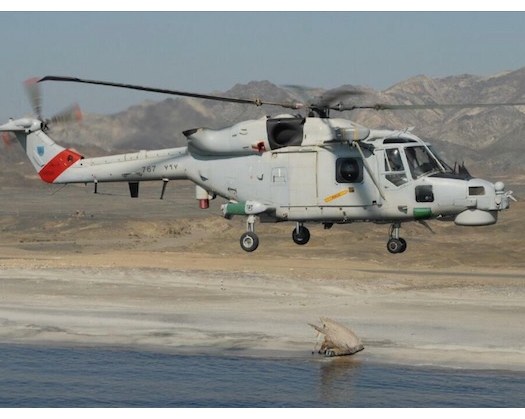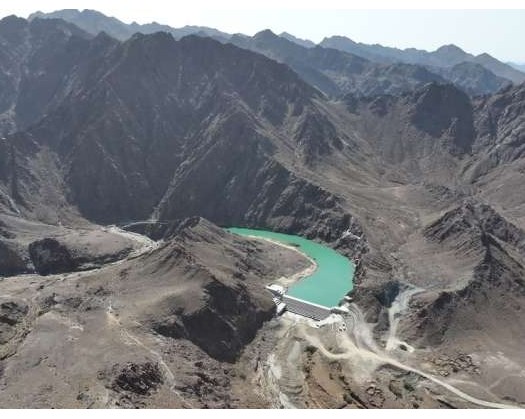Tehran: Iran announced on Friday that it has reopened its airspace, which had been closed since June 13 due to the conflict with Israel, according to state media.
According to the official IRNA news agency, the Mehrabad and Imam Khomeini airports, as well as airports in the country's northern, eastern, western, and southern regions, have been reactivated and are prepared to offer flight services.
All airports in the nation, with the exception of Isfahan and Tabriz, will provide domestic and foreign flights daily from 5 am to 6 pm, according to authorities.
Furthermore, as soon as the infrastructure for Isfahan and Tabriz airports is prepared, these two airports will join the country's air transport network, according to IRNA.
Meanwhile, the United States on Thursday announced a new round of sanctions targeting Iranian oil supplies, following the implementation of a ceasefire between Israel and Iran last month, Al Jazeera reported. Among those impacted by the sanctions are Iraqi entrepreneur Salim Ahmed Said and his United Arab Emirates-based firm, which the United States alleges of smuggling Iranian oil by blending it with Iraqi oil, according to the report.
US Treasury Secretary Scott Bessent stated in a statement that the Treasury will continue to target Tehran's revenue sources and increase economic pressure to prevent the regime's access to financial resources that support its destabilizing activities.
In June of this year, Iran closed its airspace completely after Israel and the United States launched a barrage of airstrikes, which Iranian retaliatory missiles responded to.
On June 13, Israel launched strikes on Iran, killing high Iranian military and security officials. Iran retaliated on the same day, attacking Israeli-occupied territory with missiles and drones.
On June 22, the United States joined Israel's effort and attacked three Iranian nuclear installations: Natanz, Isfahan, and Fordow. Iran retaliated the next day by firing missiles at the United States' largest military base in West Asia, which is home to the Air Forces Central Command in Qatar. A day after that, on June 24, a ceasefire between the two countries was enforced.
Meanwhile, a recent Pentagon assessment indicated that Iran's capacity to develop a nuclear weapon after a US attack on its nuclear facilities is more than two years away.
When asked about the most recent intelligence, Sean Parnell, the Pentagon's chief spokesperson, told reporters during a Pentagon briefing that the administration's position remains that Iran's nuclear facilities have been completely destroyed, according to ABC News.
Iran had been engaged in indirect talks with the United States regarding its nuclear program, as well as US and international sanctions on Tehran, when Israel launched its attack. New talks were set to take place soon, but they were virtually cancelled when Israeli assaults began. Italy and Oman had previously hosted rounds of indirect talks between Iran and the United States.
International Atomic Energy Agency. Last week, IAEA Director General Rafael Grossi stated that he believed Iran would be able to start enriching uranium within months.
Foreign Minister Abbas Araqchi stated that Iran has rejected the European Union's recent attempt to initiate talks aimed at stopping Iran's nuclear program.













